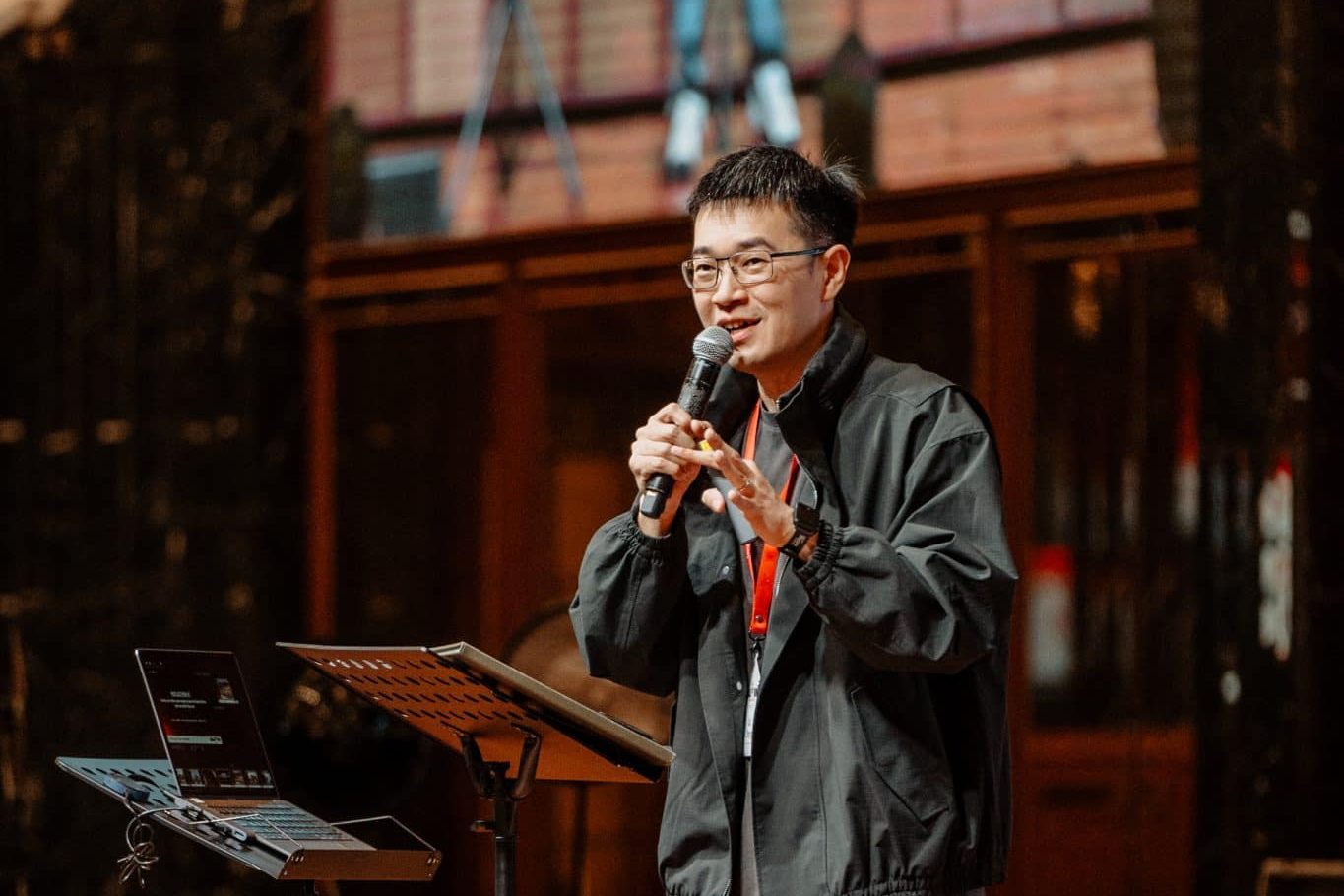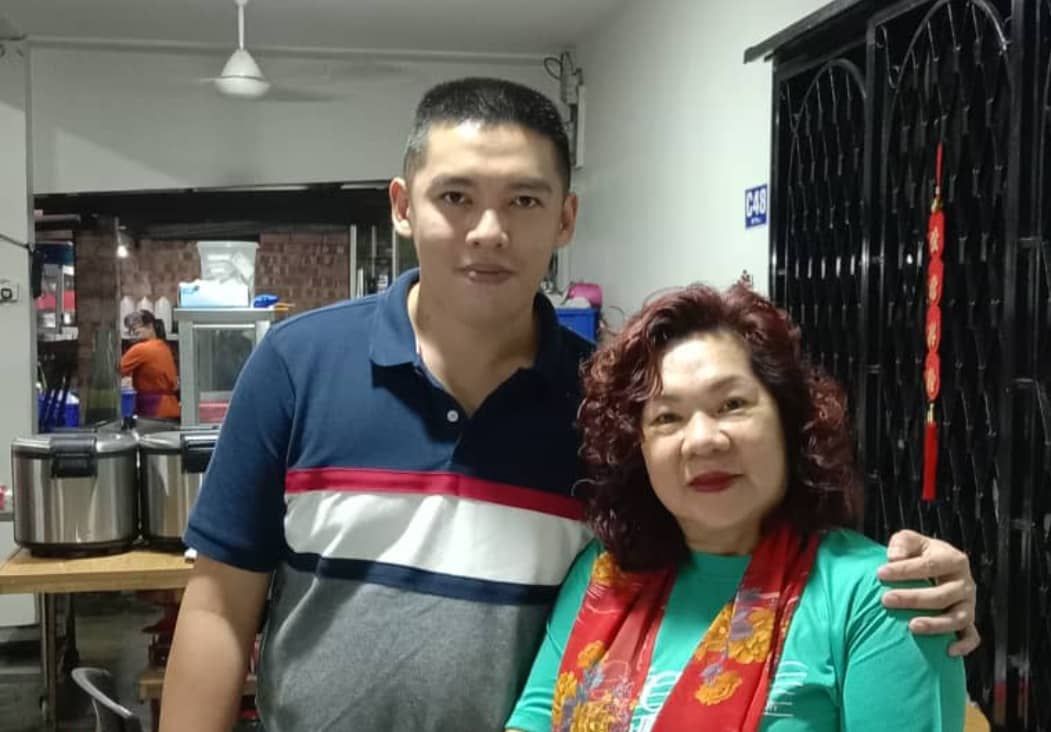Nurturing Gen Z, the generation with the world at their fingertips
Jamie R // May 8, 2019, 7:39 pm

Photo by Devin Avery on Unsplash.
How do you reply a child who, as he asks a question, is already Googling for the answer?
This generation is naturally more questioning and, oftentimes, more distrustful of authority.
After all, today’s young generation – commonly known as Gen Z – are seemingly born with a smartphone attached to their hands.
With said digital appendage, the information of the world is at their fingertips, thus making this generation naturally more questioning and, oftentimes, more distrustful of authority.
At the same time, these tech-savvy post-Millennials are set amidst a world that is increasingly fast-paced and uncertain, with social norms that are more diverse than what their predecessors had to handle.
Consider these:
- More Singaporeans are getting married to foreigners;
- The size of the nuclear family is growing smaller;
- More absentee parents – whether because of work demands or wrong choices leading to incarceration;
- Couples who cohabit;
- Increasing prominence of the lesbian, gay, bisexual and transgender (LGBT) community.
Yet, informed does not mean reformed.
Even as they are bombarded with a deluge of data from an increasingly earlier age, many Gen Z-ers may not have developed the capacity or capability to break down the information, suss out what’s important and allow the distilled knowledge to guide them in their actions and decisions.
These were some of the observations that came out of this year’s Ethos Institute Conversation session, which had Minister for Social and Family Development Desmond Lee and Reverend Christopher Chia, senior pastor and moderator at Adam Road Presbyterian Church, as guest speakers.
Speak into their lives
So, how do we nurture this next generation to become lovers of God, rather than lovers of the world?
One suggestion put forward was to understand Gen Z-ers for who they are, and the societal context they live in, rather than label them, unhelpfully and unfairly, with names like the Strawberry Generation.
A word of encouragement and hope may propel them on to do great things in their lives – and for God.
In education, for instance, those in the Baby Boomers and Gen X eras would adopt a “tell me what to study” mindset. If the country needs more engineers and accountants, that’s what they’d study to be.
Move forward a generation, and those in the Gen Y bracket will hold a “tell me how to study” approach, as they sought to accelerate their progress from their predecessors.
The Gen Z, however, will be a “tell me why” cohort, questioning the conventional ways of acquiring knowledge and skills, given that whatever they need can be found online at any time.
Therein, though, lies the opportunity to engage with people in this demographic.
The deluge of information may lead them to apathy and inaction but, similarly, a word of encouragement and hope may propel them on to do great things in their lives – and for God.
Ultimately, all it takes is one.
- SomeONE who loved me
- SomeONE who believed me
- SomeONE who invested in me
- SomeONE who changed me
If ever you were a recipient of such faith in action, pay it forward. The next generation is waiting.
The Ethos Institute Conversation session was under Chatham House rules, which prevents revealing the identity of anyone who made any comment.
We are an independent, non-profit organisation that relies on the generosity of our readers, such as yourself, to continue serving the kingdom. Every dollar donated goes directly back into our editorial coverage.
Would you consider partnering with us in our kingdom work by supporting us financially, either as a one-off donation, or a recurring pledge?
Support Salt&Light


